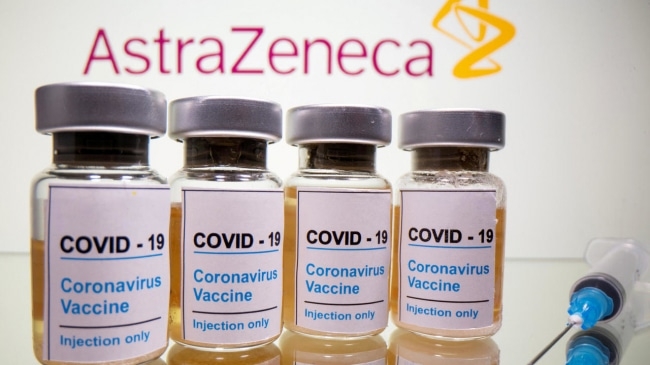The Astrazeneca-Oxford vaccine, which is now called Vaxzevria continues to fuel controversy in the world. Still suspended in some European countries, it is administered in France to over 55s. Except that a patient has just died 14 days after the injection of a dose of the COVVI-19 vaccine when she did not suffer from special health problems.
38 years old, she died, this Monday, March 29, a thrombosis in Toulouse on Monday, March 29. She had been vaccinated just before the suspension of astrazeneca in mid-March. She did not suffer from special health problems, reports Franceinfo. Complications appeared shortly after vaccination. She was hospitalized before diving into a coma.
This vaccine, injected with more than 1.4 million people into France, is also suspended in Germany for those under 60, following the occurrence of 31 cases of brain thrombosis, including 9 deaths.
The “COVVI-19 Vaccine ASTRAZENECA®” vaccine obtained a conditional marketing authorization in Europe on January 29, 2021. It is indicated in the active immunization against the COVID-19 caused by the SARS-COV-2 for people over 18 years of age.
However, on March 26, the National Medicines Safety Agency (ANSM) recalled that there was a risk of thrombosis – formation of a blood clot – very rare after the injection of the Astrazeneca vaccine. The ANSM stressed that “the benefit/risk ratio of the vaccine remains positive and that no element indicates for the moment that vaccination has caused these disorders. »»
The most frequently observed reactions during clinical trials of this vaccine are pain in injection and headache or fatigue. These side effects usually occur within the first days of injection and disappear quickly. On March 29, the ANSM confirmed “the possible link of the vaccine with very rare cases of blood clots associated with low plans”.
In Tunisia, the controversy around the Astrazeneca vaccine still exists, and according to the director of the Pasteur Institute of Tunis, Hechmi Louzir “It is very likely that Tunisia cancels its orders for the vaccine in question if it turns out that it is the source of dangerous adverse effects”.
As part of the vaccine supply necessary for the fight against the coronavirus in Tunisia and following the obtaining of Astrazeneca laboratories from the World Health Organization, on February 23, 2021, the Ministry of Health announced, obtaining the Astrazeneca vaccine from an exceptional and temporary authorization to put the Tunisian market for the acquisition of 500 thousand doses.








